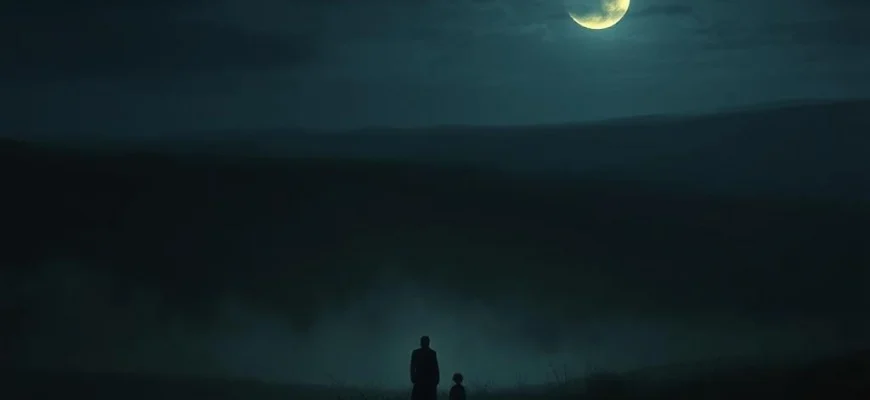If you were captivated by the chilling atmosphere and psychological depth of 'The Night of the Hunter' (1955), you'll love these 10 similarly haunting films and shows. This article explores titles that share its themes of suspense, moral ambiguity, and unforgettable villains, perfect for fans of classic noir and dark storytelling.
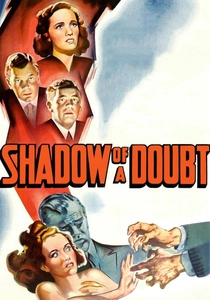
Shadow of a Doubt (1943)
Description: A psychological thriller that explores the duality of human nature, featuring a charming yet sinister antagonist who hides his true nature beneath a veneer of respectability.
Fact: Alfred Hitchcock considered this to be his favorite of his own films. The screenplay was co-written by Thornton Wilder, best known for his play 'Our Town'.
 Watch Now
Watch Now 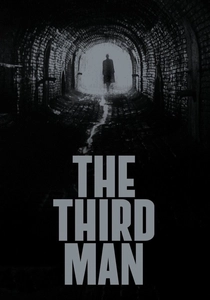
The Third Man (1949)
Description: A noir film with striking visual contrasts and a morally ambiguous protagonist, set against a backdrop of post-war disillusionment and featuring a haunting score.
Fact: The film's iconic zither score was performed by Anton Karas, a musician discovered playing in a Vienna tavern. The famous Ferris wheel scene was shot in Vienna's Prater amusement park.
 Watch Now
Watch Now 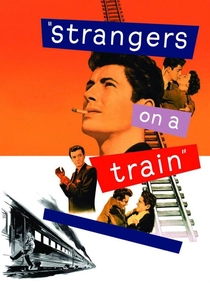
Strangers on a Train (1951)
Description: A tense psychological thriller about the blurring lines between good and evil, featuring a charismatic villain and a plot that explores the concept of exchanged murders.
Fact: The famous merry-go-round sequence was achieved by spinning the ride at dangerous speeds, causing it to collapse as filmed. The film's tennis match scenes were shot at the actual Forest Hills tournament.
 Watch Now
Watch Now 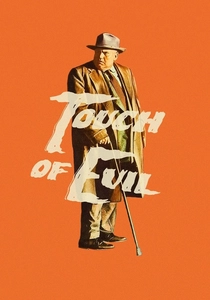
Touch of Evil (1958)
Description: A visually striking noir with themes of corruption and moral ambiguity, featuring long tracking shots and a border town setting that heightens the sense of duality.
Fact: The famous opening tracking shot was originally planned to be even longer, following characters into a hotel. Orson Welles' performance as Quinlan was so convincing that crew members reportedly avoided him between takes.
 Watch Now
Watch Now 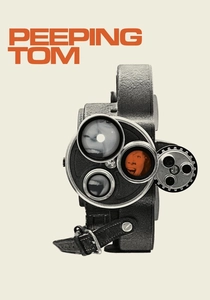
Peeping Tom (1960)
Description: A disturbing psychological horror film that explores voyeurism and the making of a killer, with themes of childhood trauma shaping adult behavior.
Fact: The film was so controversial upon release that it effectively ended director Michael Powell's career in Britain. It features one of cinema's first uses of the killer's POV shot.
 Watch Now
Watch Now 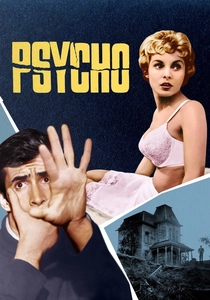
Psycho (1960)
Description: A groundbreaking psychological horror film that explores split personalities and features shocking violence hidden beneath a seemingly normal facade.
Fact: The shower scene was shot over seven days using 70 different camera angles. Hitchcock bought up as many copies of the novel as possible to keep the ending secret.
 Watch Now
Watch Now 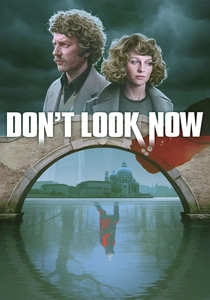
Don't Look Now (1973)
Description: A psychological horror film that uses visual motifs and fragmented editing to create an atmosphere of dread and uncertainty about reality.
Fact: The famous love scene was groundbreaking for its time in its realistic portrayal of married sexuality. The film's iconic red coat was chosen because it would stand out against Venice's muted colors.
 Watch Now
Watch Now 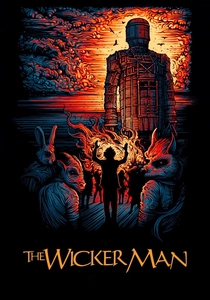
The Wicker Man (1973)
Description: A folk horror film that contrasts surface innocence with underlying menace, featuring religious themes and a shocking climax.
Fact: Many scenes were shot in sequence to maintain the actors' growing sense of unease. The film's original cut was significantly longer before being edited down by the studio.
 Watch Now
Watch Now 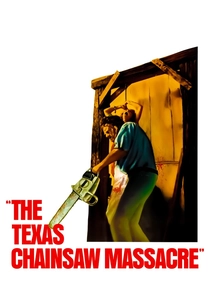
The Texas Chain Saw Massacre (1974)
Description: A horror film that creates terror through atmosphere and suggestion rather than explicit violence, featuring a family of killers hiding in plain sight.
Fact: The film was shot in sweltering Texas heat with real animal carcasses on set, contributing to the actors' genuine discomfort. Leatherface's mask was made from real human skin (donated by a medical supply company).
 Watch Now
Watch Now 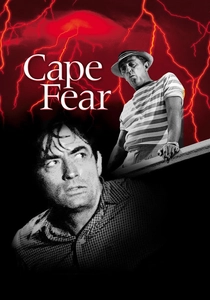
Cape Fear (1962)
Description: A tense thriller about a family terrorized by a menacing figure from the past, featuring psychological manipulation and moral dilemmas.
Fact: Robert Mitchum's performance was so convincing that crew members reportedly became nervous around him. The film's score was composed by Bernard Herrmann, who also scored 'Psycho'.
 Watch Now
Watch Now 
